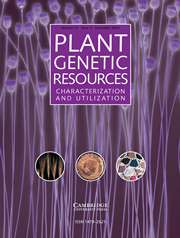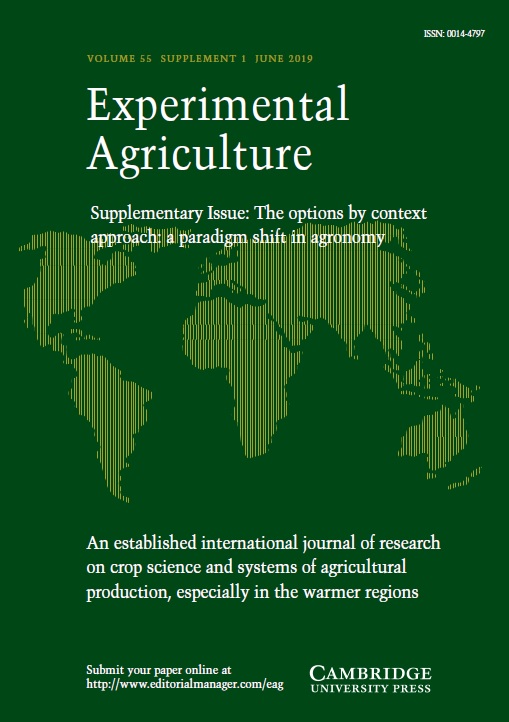Historical and Biographical Sketches of the Progress of Botany in England 2 Volume Set
Richard Pulteney (1730–1801) was a Leicestershire botanist and physician, whose medical career suffered from a lack of aristocratic patronage and his Anabaptist religious background. However, his lifelong interest in botany and natural history, and particularly his work on the new Linnaean system of botanical classification, led to publications in the Gentleman's Magazine and the Philosophical Transactions of the Royal Society. He corresponded with many influential figures, and was elected a Fellow of the Royal Society in 1762. His book on Linnaeus, published in 1782, was later considered by J. E. Smith, the first president of the Linnaean Society, to be of great importance for the widespread adoption in England of the Linnaean system. His Progress of Botany, published in 1790, although not as popular, is still considered of importance for the study of the history of botanical science in England.
Product details
December 2011Multiple copy pack
9781108037341
782 pages
216 × 140 × 45 mm
1.1kg
Temporarily unavailable - available from TBC
Table of Contents
- Volume 1: Preface
- 1. Primaeval botany, druidical and Saxon botany
- 2. Botany of the middle ages
- 3. History of, continued to the revival of learning
- 4. First printed books on botany, Hernarius. Hortus Sanitatis, Grete Herbal, first English printed book on the subject. Ascham: Copland: first botanic gardens
- 5. Turner, and his contemporaries
- 6. Bulleyn, Penny, Maplet, and Morning
- 7. Lyte
- 8. Lobel, and Newton
- 9. Dodoens and Gerard
- 10. Johnson, Goodyer, Bowles, and others
- 11. Parkinson, Boel, Gordier, and others
- 12. History of wooden cuts of plants
- 13. The Oxford physic garden founded
- 14. Tradescant, astrological herbalists, Turner, Culpepper, and Lovel, Pechey, and Salmon
- 15. Ray: his Catalogue Cantabrigiensis
- 16. Ray, continued: Catalogus Plantarum Angliae, et Stirpium Exoticarum
- 17. Ray, continued: Catalogus Plantarum Angliae, second edition
- 18. Ray, continued: Historia Plantarum
- 19. Ray, continued: Synopsis Stirpium, et Sylloge Stirpium
- 20. Ray, continued: Methodus Plantarum emendata, his death and character
- 21. Cowley
- 22. Merret
- 23. Morison, bobart
- 24. History of the rise and progress of system in botany
- 25. Discovery of the sexes of plants
- 26. Willisel, Thomas, plot, natural histories of counties, Sir George Wheler. Volume 2:
- 27. Rise of botany in Scotland, Sibbald, Preston, Wallace, Alston
- 28. Plukenet. Uvedale
- 29. Petiver
- 30. Origin of personal names given to plants, anecdotes of Plumier
- 31. Banister, Vernon and Kreig, Cunningham and Brown, Glen
- 32. Sloane
- 33. Sloane continued
- 34. Royal Society, Chelsea Garden, Bishop Compton, Doody
- 35. Llhwyd, Lawson, Robinson
- 36. Dale
- 37. Bradley, Blair
- 38. Consul, and Dr. James Sherard
- 39. Dillenius
- 40. Dillenius continued
- 41. Richardson, Brewer, Harrison and Cole
- 42. Rise of botany in Ireland, Threlkeld: Keogh: Smith's Histories
- 43. Martyn
- 44. Catesby
- 45. Houston and Douglas
- 46. Botanical gardeners, Miller
- 47. Blackwell, Deering
- 48. Wilson
- 49. Blackstone, Collinson, Logan, and Mitchel
- 50. Ehret and Hill
- 51. Watson
- 52. Watson continued
- 53. Linnaeus in England
- Conclusion
- Index.










